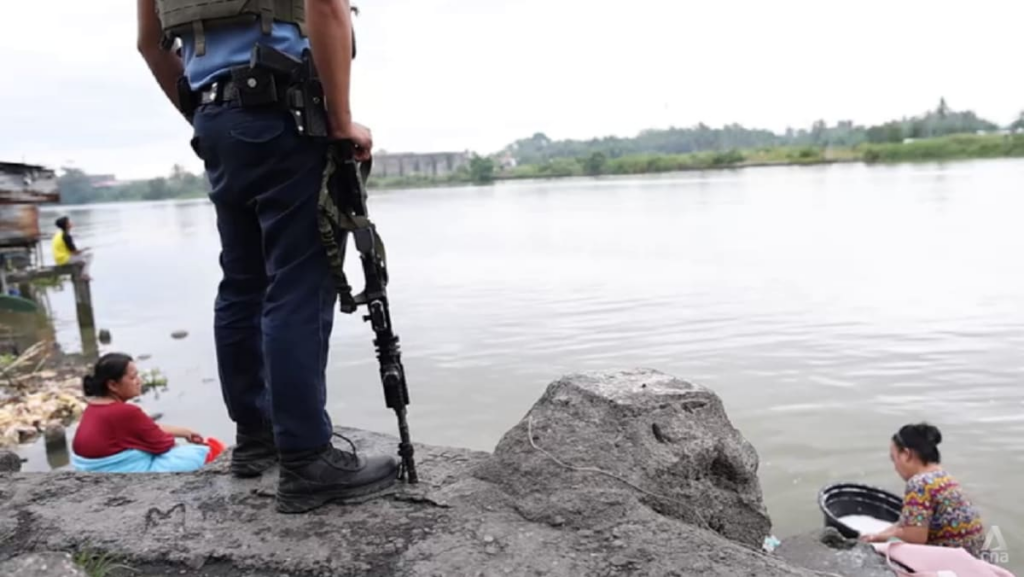MINDANAO: The Philippines’ Muslim-majority autonomous Bangsamoro region has seen significant progress in the decade since a peace deal with a separatist group was signed.
The region has improved access to education and healthcare, attracted investments and grew its economy.
Its poverty rate also dropped substantially from 52.6 per cent in 2018 to 23.5 per cent in 2023, and was no longer the poorest region in the country, according to data released last year.
This October, the self-ruled region on the southern Philippine island of Mindanao is set to hold its first parliamentary elections.
But for the Muslim natives there, painful memories from the area’s long history of conflict remain.
Tarhata Tarapas, a member of the Moro people who are Muslim Filipinos living in Bangsamoro, said she would never have been allowed to work as an educator in the past.
“The Bangsamoro people were denied education. We were always hiding in remote areas. Our women hid. (They were) raped. Our rights were repressed,” the 57-year-old told CNA.
Today, she is head of the Sarmiento West Elementary School in Parang municipality, the designated seat of the Bangsamoro government.
The autonomous region was established in 2019 after a referendum that would give the region greater control of its resources.
It followed a peace agreement in 2014 between the Philippine government and the rebel Moro Islamic Liberation Front (MILF) that ended nearly four decades of fighting.
PUSH FOR TRUTH COMMISSION
The MILF was the largest Muslim separatist group to emerge from a rebellion that began in the late 1960s.
The movement was rooted in years of injustice, including the forced resettlement of Christians from the north to the Moro’s lands in the south.

